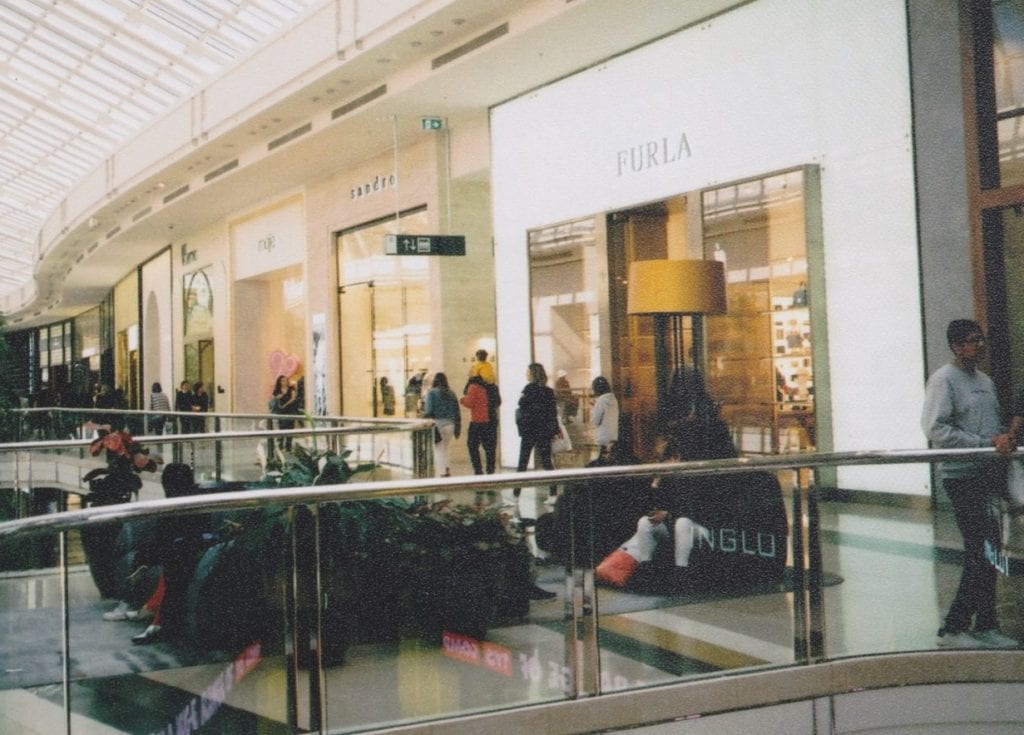For the past several months, business headlines have been dominated by news of ailing businesses, as U.S. bankruptcies pile up, surpassing the 500 mark last week, and thereby, exceeding the number of filings during any comparable period since 2010. The impact of COVID-19 has pushed retailers – such as J. Crew, Neiman Marcus, Lord & Taylor, Brooks Brothers, Lucky Brand, John Varvatos, True Religion, and growing list of other well-known brands – over the edge, with many of those companies already wracked with debt from leveraged buyouts and suffering from the effects of largescale changes in consumption trends even before the health pandemic took hold.
The onset and continued effects of COVID-19 have seen many brands look to Chapter 11 of the U.S. Bankruptcy Code for protection from creditors as they seek to reorganize their operations and get a handle on their debut. In no small number of instances, the result of such proceedings has been investors sweeping in to purchase these companies’ assets (from their real estate but more importantly their intellectual property and large swathes of consumer data), in some cases, at a notably discounted rate. This is precisely what mall giant Simon Property Group and Authentic Brands – the owner and licensor of over 50 well-known brands, ranging from Juicy Couture and Judith Leiber to Jones New York and Barneys New York – have been doing over the past few years.
Together, Simon and Authentic Brands – which formally established their SPARC Group joint venture in early 2020 – acquired Brooks Brothers, the 202-year old American retailer, for $325 million in August. That same month, they acquired Lucky Brand in a deal worth more than $191 million ($140.1 million in cash, $51.5 million in credit from vendors, and a trade receivables adjustment). Before that, SPARC, together with Brookfield Property Partners, acquired Forever 21 out of bankruptcy for $81 million in February. All of this comes after the two companies very first venture together, which saw them take ownership of Aeropostale in September 2016 for $243.3 million, just months after the mall retailer filed for bankruptcy. Seemingly far from finished, the partners are currently in the midst of discussions in connection with JC Penney’s bankruptcy.
“In the short-term, these acquisitions should prove to be lucrative for both Simon and Authentic Brands,” according to Goulston & Storrs PC attorneys Vanessa Moody and Yara Kass-Gergi. “As a result of SPARC’s acquisition of these retailers, Simon – the largest shopping mall operator in America – is able to better control the occupancy rates at its shopping centers, helping to ensure their continued viability,” they note, “while Authentic Brands benefits by having its retail business partner also be the landlord of many of its brick and mortar store locations.”
Speaking specifically about their acquisition strategy, SPARC CEO and former CEO of Aeropostale Marc Miller told CNBC in August that “there are scale advantages [and] sourcing power” to be gained from acquiring these retailers, as SPARC is able to spread expenses across its multiple brands, ones that he says have “good real estate and international recognition,” which “puts the individual retailers – and the group as a whole – in a better position to succeed in the consumer marketplace.”
As for their prospects for longer-term success, both for SPARC and the companies it is readily taking ownership of, Moody and Kass-Gergi say that is less obvious. “The future impact of COVID-19 on retail, including retailers’ ability to ride out any significant second or third rounds of governmentally mandated store closures, remains entirely uncertain.” As a result, they claim that “any expansion of retail holdings and physical store locations comes with some inherent risk,” including potential issues over “whether SPARC will be able to retain the high quality of the brands it acquires as it continues to acquire more and more companies is another question.”
Additionally, Moody and Kass-Gergi note that at least “some competitors and other interested parties are already starting to quietly wonder whether the growing list of retailers under the Simon and Authentic Brands umbrella does or should at some point raise antitrust concerns,” which could prove interesting.
One budding theory as to the motivation behind SPARC’s acquisition spree is that the group might be making itself too big to fail. In May, the New York Times reported that the havoc being wreaked on the private sector by COVID “has broadened the elite status” held by Wall Street banks and other big financial institutions that were deemed “too big to fail” during the 2008 financial crisis. It now extends “to a significant swath of the American private sector.” The Times noted that Fed chair Jerome H. Powell “has signaled that the central bank will continue to [buy assets with freshly created money],” and that there is “really no limit” to what the central bank could do with its emergency lending facilities, including looking to America’s retail sector.
Since then Web Smith, the thinker behind 2pm, a newsletter that analyzes the “connections between media, brand, retail, and data,” has said that “the largest and most vulnerable mall industrialist (Simon Properties)” is “literally angling to become too big to fail,” and he predicted that the mall giant will, in fact, “be bailed out by Congress by 2024.”
Time will be the ultimate judge of the wisdom of Simon’s strategy in partnering with Authentic Brands and engaging in a quest to become “the world’s leading brand operator,” as Miller put it, but “at least for now,” Moody and Kass-Gergi agree that “it seems like a creative way for commercial real estate owners to weather the retail bankruptcy storm brought to a head by the COVID-19 pandemic.”











